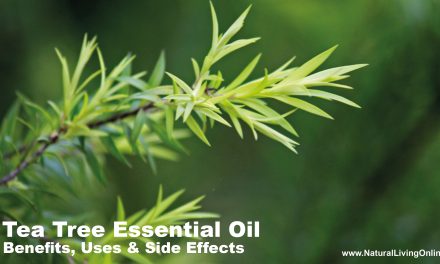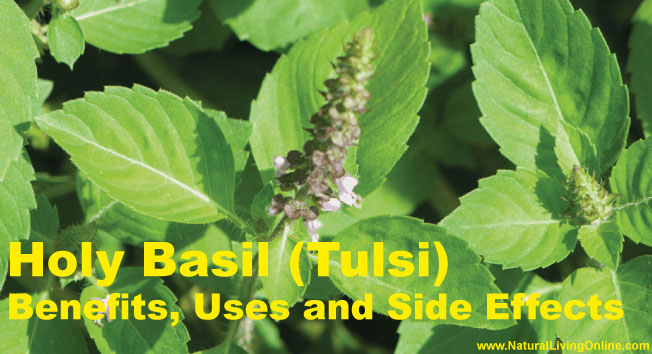Lemons are a staple in many kitchens, but did you know that it also has the ability to improve your health? This article will give you all of the information on lemon oil and its benefits. It will also teach you which oils are best for certain uses. The last section of this article will talk about any side effects that may occur when using lemon essential oil.
What is Lemon Essential Oil?
Lemon essential oil is a type of essential oil that is extracted from the lemon peel. It has a strong, refreshing smell and is yellow in color. This oil has many different benefits and can be used for various purposes.
How is Lemon Essential Oil made?
Lemon essential oil can be extracted from the peel of lemon fruit using a number of different methods. The most common way to extract this oil is by cold compression, which basically means that it uses pressure and no heat to produce the oil. Another method used for extracting lemon essential oils includes distillation as well as solvent extraction. In order to ensure quality throughout all these processes, many companies will use steam distilled extracts or at least 100% pure cold-pressed versions of their product instead of other less expensive options. This ensures high levels of purity for those who want nothing but the best when purchasing a certain type of essential oil such as Lemon Essential Oil.
What is the botanical name of Lemon?
Citrus limon
What is the chemical composition of Lemon essential oil?
The chemical composition of Lemon essential oil is very complex. Some of the main components include a-pinene, b-pinene, limonene, camphene, citral, geranial, and neral.
How Lemon essential oil has been used historically?
In the Victorian era, many people did not use lemon essential oil. They used rosemary instead because of its pleasant smell and antiseptic qualities.
In 1875, a pharmacist in Scotland named Duncan Maclaren began producing this medicinal product that he eventually called “Eau de Cologne” after a town in Germany where it was made popular. It became very popular among women of high society during this time period due to their interest in the new products coming out from France at the time.
The first recorded mention of using lemon essential oil for cleaning purposes dates back to 1797 when Catherine Beecher recommended that housewives should clean their stoves with lemons as well as other items in their household. This was due to the fact that lemon essential oil has natural antiseptic qualities and is capable of killing germs, moulds or parasites on any surface it comes into contact with.
What are the benefits of Lemon essential oil?
There are many benefits to using lemon essential oil. Some of these benefits include:
-Improving skin health: Lemon oil is great for improving skin health. It can help to reduce blemishes, scars, and wrinkles. Additionally, it can help to soothe sunburns and other skin irritations.
–Reducing stress levels: Lemon oil has been shown to reduce stress levels when used aromatically. It can help to improve moods and promote relaxation.
–Improving respiratory health: Lemon oil is great for improving respiratory health. It can help to clear congestion and relieve chest infections. Additionally, it can help to kill bacteria and viruses that may cause respiratory illnesses.
-Boosting the immune system: Lemon oil has been shown to boost the immune system when used aromatically or topically. This means that it can help you stay healthy during cold and flu season.
-Reducing inflammation: Lemon oil is a natural anti-inflammatory agent. When used topically, it can help to reduce inflammation in the body.
-Preventing cancer: Some studies have shown that lemon oil may be able to prevent certain types of cancer when used regularly.
How Lemon essential oil can be used?
There are many different ways that you can use lemon essential oil. Some of the most popular uses include:
-Aromatherapy: Lemon oil is a great essential oil for aromatherapy. It can help to improve moods, reduce stress levels, and boost the immune system.
-Topical application: Lemon oil can be applied topically to the skin for various purposes. It can be used to reduce inflammation, kill bacteria and viruses, and improve skin health.
-Ingestion: Ingesting lemon oil has some benefits as well. It can help to improve respiratory health, boost the immune system, and stress levels. However, it is important to note that lemon oil is not meant to be ingested in large quantities.
What does blend well with Lemon essential oil?
Lemon essential oil blends well with other citrus oils such as orange and grapefruit. It also blends well with floral oils such as lavender and geranium.
What does not blend well with Lemon essential oil?
Lemon essential oil does not blend well with oils that have a strong earthy or musky smell. Examples of these oils include patchouli and vetiver.
What are the side effects of Lemon essential oil?
Like with any other type of essential oil, there are some potential side effects associated with lemon oil. Some of these side effects include:
-Sensitivity: Some people may be sensitive to the smell or taste of lemon oil. If this is the case, it is best to avoid using this oil.
–Allergies: Lemon oil can cause allergic reactions in some people. If you experience any adverse symptoms after using this oil, discontinue use and seek medical assistance.
–Skin irritation: Lemon oil can sometimes cause skin irritation when used topically. If you experience any redness, swelling, or itching after using this oil, discontinue use and seek medical assistance.
–Nausea: Ingesting lemon oil can sometimes cause nausea. If you experience any nausea after taking this oil, stop taking it and speak to a doctor.
What does Lemon essential oil smell like?
Lemon essential oil has a fresh, citrusy smell that is uplifting and refreshing.
How do I make Lemon Essential Oil at home?
If you want to make lemon essential oil at home, you will need:
-Lemons
-Fractionated coconut oil or jojoba oil
-A glass bottle with a dropper
-A dark place to store your oil
To make the oil, start by peeling the lemons. You should only use the peel, not the flesh of the fruit. Next, add the lemon peel to a glass bottle. Fill the rest of the bottle with either fractionated coconut oil or jojoba oil. Store your finished product in a dark place and use as needed.
What is the shelf life of Lemon essential oil?
Lemon essential oil has a shelf life of around two years. After this time, the oil will start to degrade and lose its potency.
Is Lemon Essential Oil safe for children?
Lemon essential oil is generally considered safe for children when used in moderation. However, it is always best to speak to a doctor before using any essential oils on children.
Can Lemon Essential Oil be used on pets and animals?
Lemon essential oil is safe to use around pets and animals when used properly. However, it is always best to speak to a veterinarian before using any essential oils on animals.
Lemon essential oil is a great oil with many different benefits. It can be used for aromatherapy, topical application, and ingestion. However, there are some potential side effects that should be considered before using this oil. If you experience any adverse symptoms after using lemon essential oil, discontinue use and seek medical attention. Thanks for reading!
References
Antioxidative Action of Citrus limonum Essential Oil on Skin
Effectiveness of lemon essential oil in reducing test anxiety in nursing students
A study of the phototoxicity of lemon oil
This website does not provide medical advice.
All information provided on this website, and on associated social media networks, including but not limited to texts, images, and numbers are for general information purpose only. It is not intended as medical advice and it does not include all possible precautions, side effects, or interactions that may occur. Neither NaturalLivingOnline.com nor its author/founder take responsibility for how you use this information. Statements contained on NaturalLivingOnline.com have not been evaluated by the FDA. You should conduct thorough research via multiple sources and consult your physician or qualified doctor before using any essential oil or herbal remedy. Information on NaturalLivingOnline.com must not be relied upon for medical, legal, financial or other decisions.













